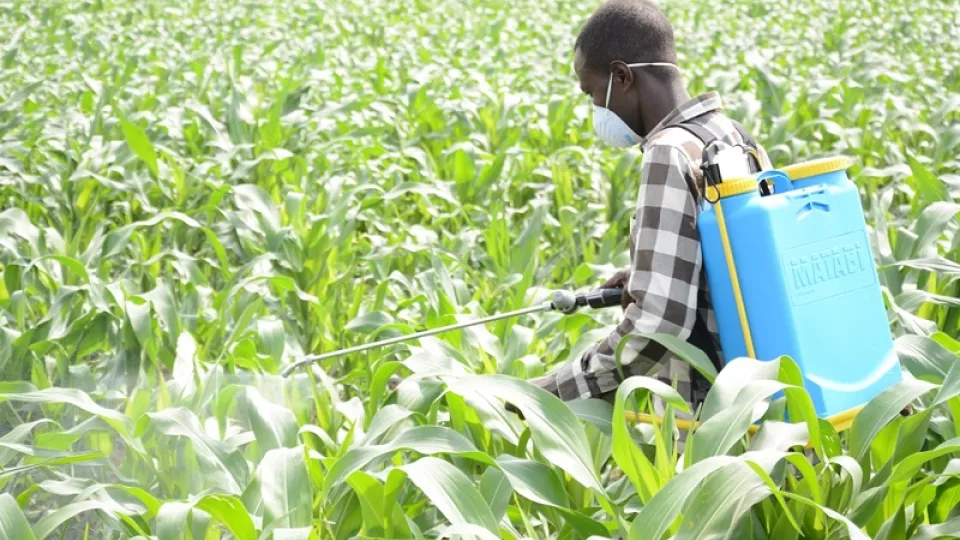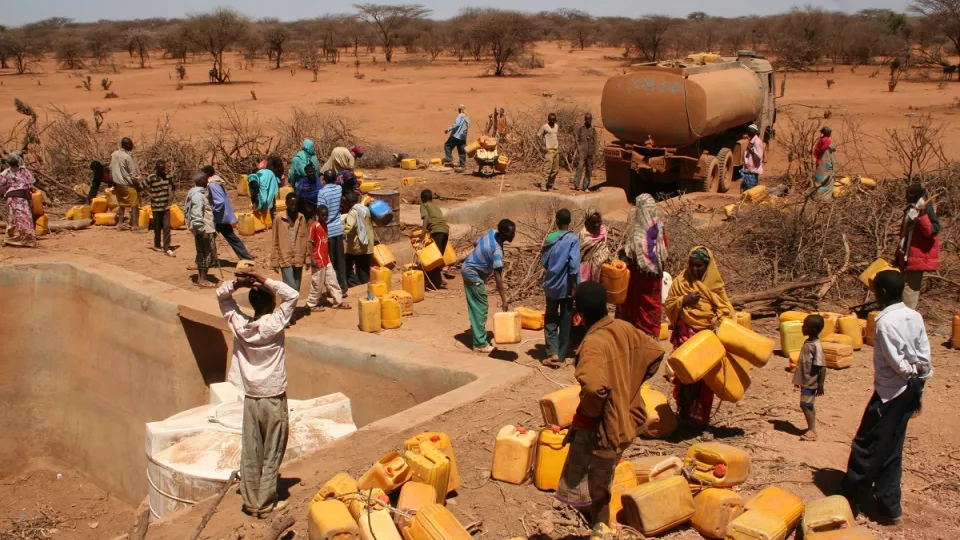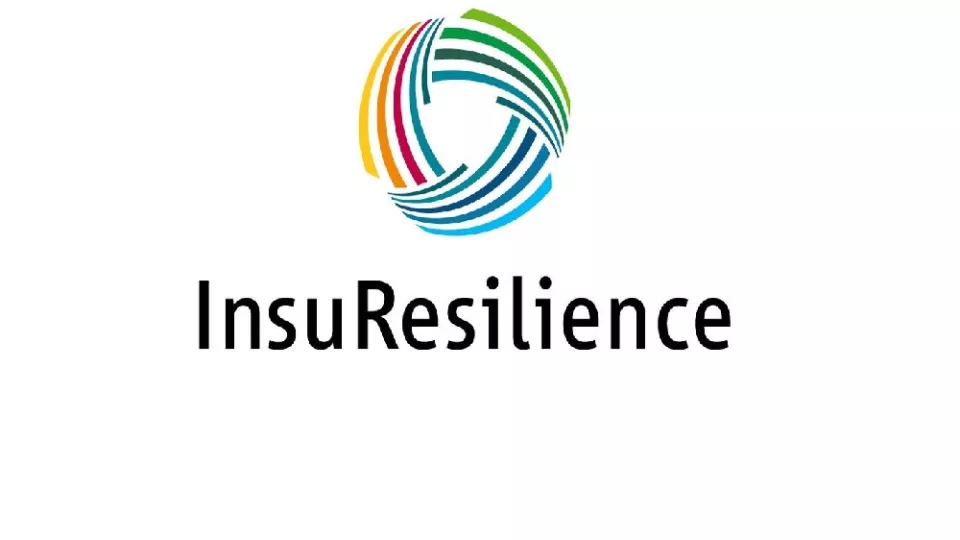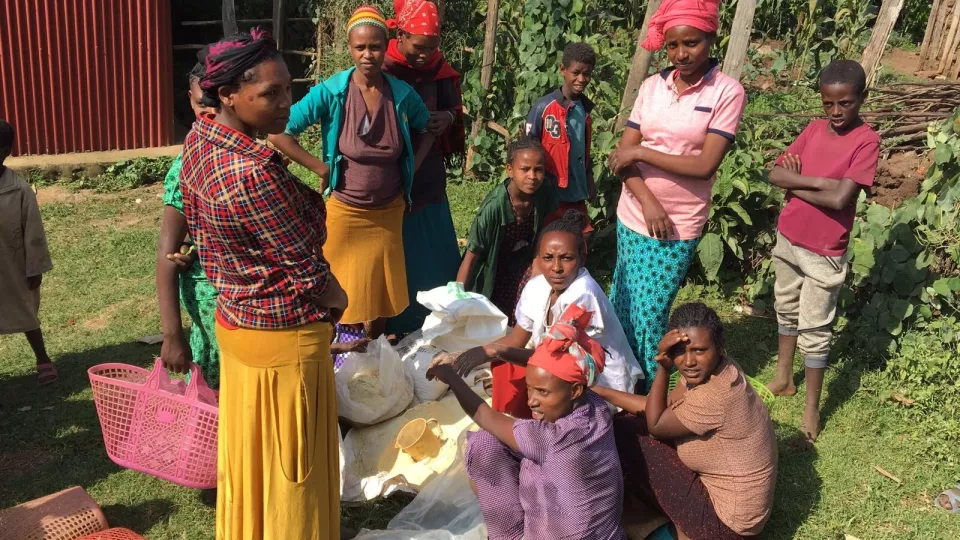
Dorcas rapid response to armyworm infestation in Ethiopia
In February an armyworm outbreak led to the significant damage of maize fields across Ethiopia. The Start Fund enabled a targeted rapid response to meet farmers’ immediate needs. Dorcas gave farmers appropriate chemicals to control the infestation and guidance on how to protect their maize from future outbreaks.



